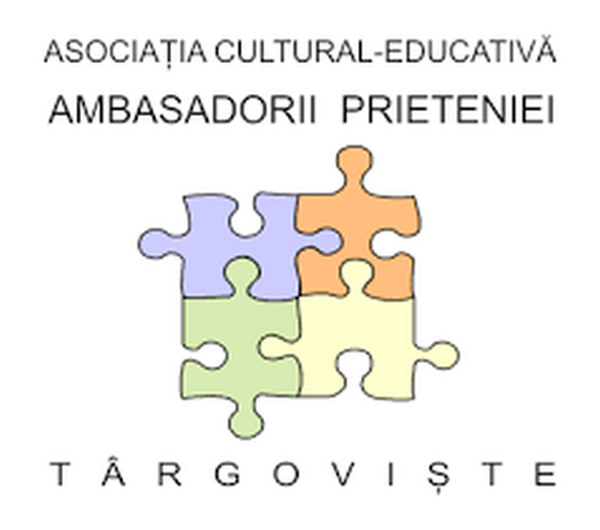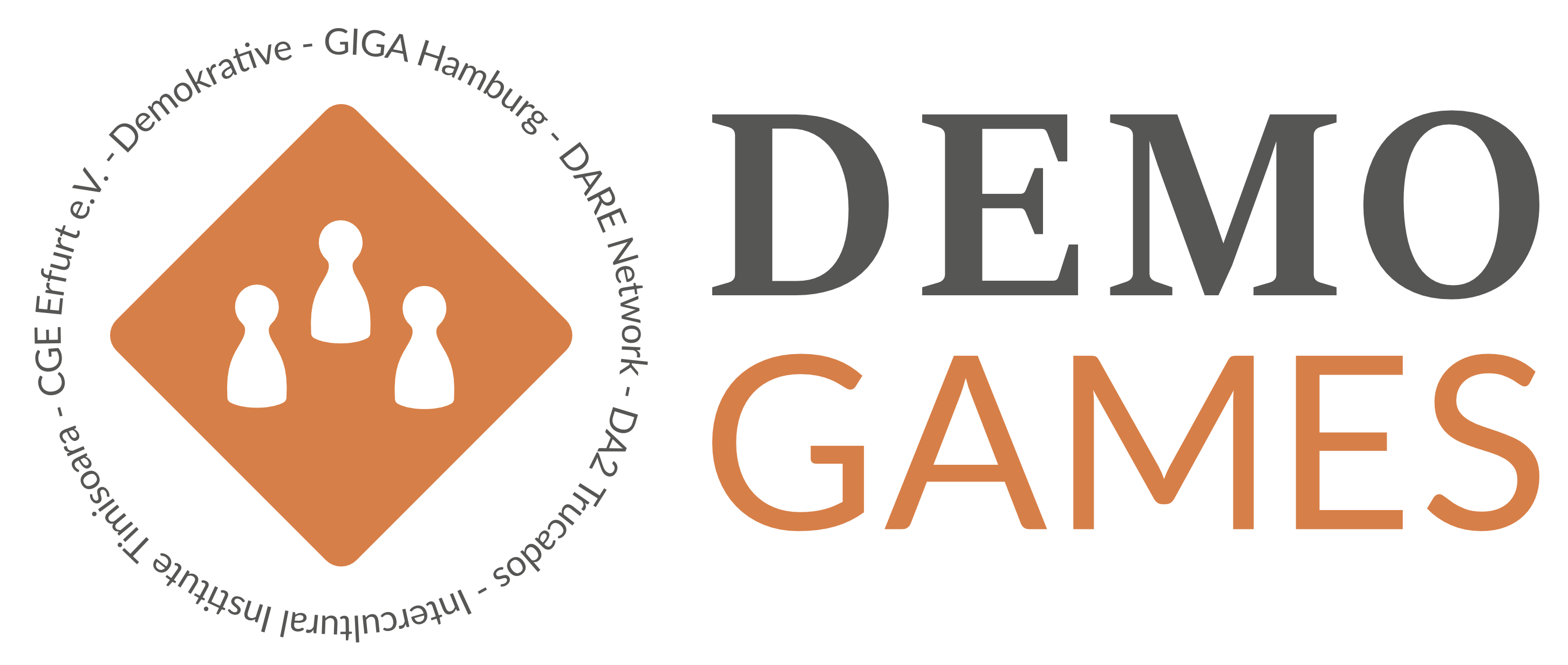Contents
General Considerations
- Keep in mind the envisaged learning outcomes of that game+activity and try to outline questions that will open doors to them (make participants understand the practical importance of their statements-actions-decisions-emotions beyond the method/game).
- Look at the planned questions during debriefing but change/add new questions depending on the process. When it’s possible connect your new questions with the answers-opinions stated by the participants in order to openly prove the shared ownership of this learning process.
- Start debriefing immediately after the game/activity and tell participants they’ll have the chance to strengthen their learning and become more independent learners by analysing their recent experience.
- Start by asking the participants how they feel after that experience (if it were interesting, challenging, frustrating, rewarding etc.) and then structure the questions depending on the learning outcomes and using the suggestions mentioned below. The four categories are not to be applied as such (exhaustively and in the given order) but they must be represented in any debriefing.
- Closely monitor the level of participation and encourage less active people to answer the questions.
- Be flexible and let the participants have one to one dialogue.Encourage them to ask debriefing questions to one another.
- Create a fair but informal atmosphere in order to make the participants willing to think loudly, to share original insights with the whole group, to make bold suggestions of community actions.
The Categories for Debriefing
According its mission (analysing the whole learning process), debriefing questions should revolve around:
A- the game/activity topics+concepts
B- the learning process OR how the game was played/the activity was carried out
C- the way the above mentioned learning aspects work in the real life (what the participants know about the problems of democracy in their real life)
D- what they could do regarding the problems analysed in their real life OR how they could use the competences developed during the game/activity in their real life
A - Topics & concepts
Game/Activity topics and concepts.
- What is the red thread regards the topic/democracy in your opinion? Explain.
- What was new?
- What are the main limits regards the topic/democracy? Explain.
- If a problem or dilemma occured: Why did a problem occur, in your opinion? Could it happen again? What could be its impact (on democracy) in the long run?
- How could an observed problem have been prevented? How could it be diminished/limited/controlled now?
- What could actors/institution/citizens do now?
- What elements of the topic/democracy are missing?
- Stakeholders: Which national/international entities are responsible for the problem. How could civil society/mass media/authorities/politicians/schools/business sector/etc. cope with the problems/phenomena?
B - Learning/activity process
Learning process OR How the game was played/the activity was carried out.
- What is the most important/useful/interesting thing you gained from this experience?
- What principles of democracy did you discover during the game. And in the rules of this game/activity?
- Did this activity challenge your values/principles in any way? Explain. How would you carry out such an activity?
- How would you use this game/activity (or parts of it) in your network/group of friends/community? Explain your reasons.
- Would you like to participate in a follow-up activity? What should it look like?/What should be its aim?
- What made you change your opinion regarding social/poltical/economic/civil society actors?
- How did you connect the ideas/infer that from your colleague’s statement?
- What would you have done if your colleague(s) had said... or acted ... - and why?
- Did you think of a better solution/answer after the process? (in game processes: you had lost the round)? Explain.
- What reaction did you expect from the other team/players when you did Y?
- How did you try to fix a situation for your team? How did you convince your colleagues to follow your opinion?
- What did you want to get from this activity/game? Did you get it? What else did you get?
- Why did you/your team choose X strategy?
- Would you suggest other rules/procedures? Explain your reasons.
- How could you/your team get a better result?
- How did the game/activity rules influence the quality of your performance?
- What did you learn out about yourself as a learner from this game/activity?
- Would you play this game/participate in this activity again? Why?
- Did you discover anything new in this game/activity? If yes, how are you going to deepen that issue afterwards?
- Did you develop active listening/critical thinking/cooperation skills....respect/critical understanding of politics-human rights-cultures-...? What were the game tasks/actions that contributed to that?
- Do you follow a study plan and monitor your progress, in general?
- Do you think that debriefing (of any learning activity) enhances/consolidates your achievements? Explain.
C - Learning aspects in real life
The way the above mentioned learning aspects work in the real life (what the participants know about the problems of democracy in their real life)
- How do the principles/norms/procedures embedded in this game/activity work in your real life? Could the problem depicted in this game/case/etc. be dealt with in a different way in your country? Explain.
- What could happen in reality if this problem is not monitored/solved/alleviated?
- What are the weak/strong points regrading the topic/of democracy in your country/community?
- Could such an activity help democracy? Explain.
- What are the most efficient ways of public participation in your opinion? Explain your choices.
- Could X event/situation happen in your country/community? How would you/your fellow citizens solve that problem?
- Could you employ the procedures described in this game/activity in your daily life? Explain.
- What would you do if you were in X situation of this game? Explain your decisions. Why things did not happen like that in the game/case/etc.?
- What did you learn about yourself as a citizen by playing this game/participating in this activity?
- How can/will you use this experience in your real life?
- How do you participate in your community and what are the results?
- Who would you inform about/educate on this problem first of all and why?
- Do you want to take any concrete measures regarding any case/problem/topic? Explain.
- How would people/authorities/media...react to your actions?
- What could you do to prevent similar problems in your community? Who else would join him/her and why?
- What would your fellow citizens do if Y situation/problem occurs in your country? Explain.
- What should be done to prevent/solve similar problems in your country?
- What could be the next steps of X situation from the game in your country/community?
- What are the first measures to be taken by common citizens to secure the basic values/principles of democracy?
- What are the first changes you would make/require formally in order to improve the democracy in your country/community? Would anybody join him/her? Explain.
- What other aspects of the problems embedded in these cases/games should be analysed here? Why are they important to you? Does anybody else join this opinion?
D - Follow-up
What they could do regarding the problems analysed in their real life OR how they could use the competences developed during the game/activity in their real life.
- How can/will you use this experience in your real life?
- How do you participate in your community and what are the results?
- Who would you inform about/educate on this problem first of all and why?
- Do you want to take any concrete measures regarding any case/problem/topic? Explain.
- How would people/authorities/media...react to your actions?
- What could you do to prevent similar problems in your community? Who else would join him/her and why?
- What would your fellow citizens do if Y situation/problem occurs in your country? Explain.
- What should be done to prevent/solve similar problems in your country?
- What could be the next steps of X situation from the game in your country/community?
- What are the first measures to be taken by common citizens to secure the basic values/principles of democracy?
- What are the first changes you would make/require formally in order to improve the democracy in your country/community? Would anybody join him/her? Explain.
- What other aspects of the problems embedded in these cases/games should be analysed here? Why are they important to you? Does anybody else join this opinion?
Corina Leca
President and project coordinator at the cultural-education organisation Friendship Ambassadors (Ambasadorii prieteniei) in Targoviste (RO). MA in Human Rights from Central European University/CEU Budapest. Expert for Education for Democratic Citizenship/Human Rights Education.
Demogames
This text was first published in the frame of the project Demogames: Democracy and Games – Analog and Digital Game-Based-Learning Tools for Youth Work in the Demogames Facilitator's Manual







